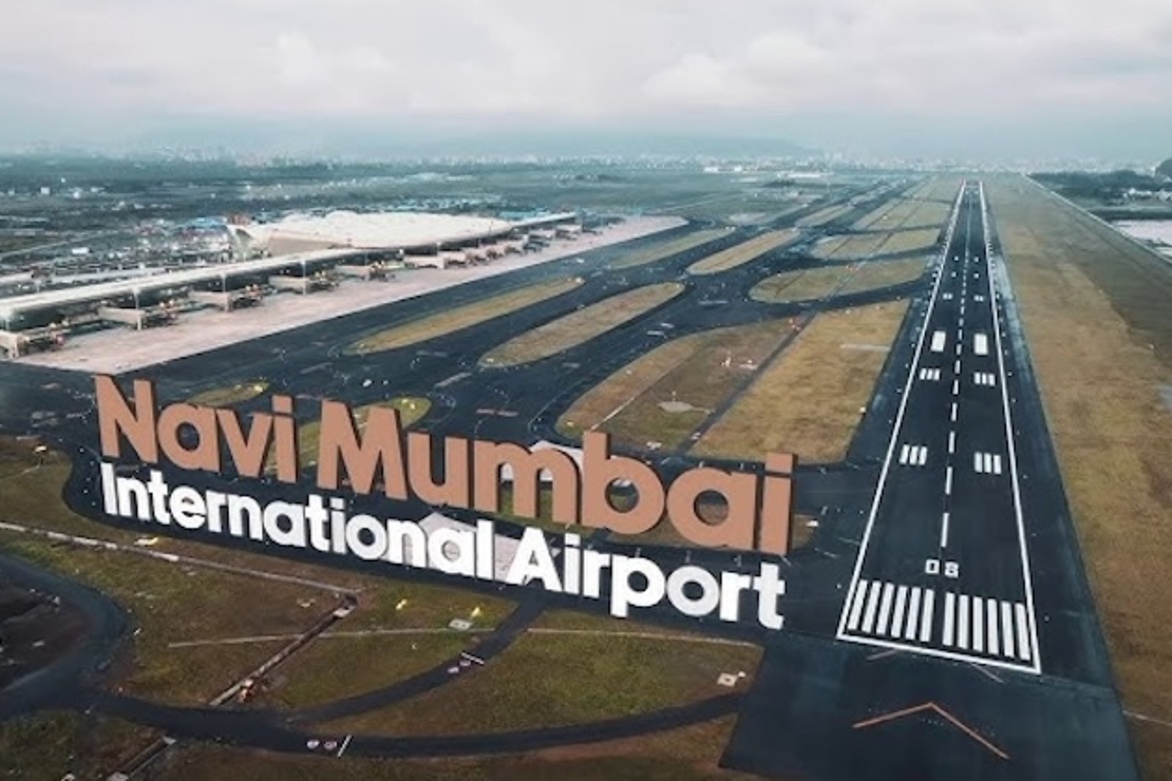India’s PM Modi opens $2.2 billion Navi Mumbai international airport
Anabelle Colaco
13 Oct 2025

NEW DELHI, India: Prime Minister Narendra Modi inaugurated the Navi Mumbai International Airport, giving India's financial capital a long-awaited second international gateway and marking a significant milestone in the country's aviation expansion.
Set to begin operations in December, the new airport will make Mumbai the only metropolitan area in the world's most populous nation to have two international airports. The facility aims to become a major passenger and cargo hub in Asia, helping ease congestion at the city's Chhatrapati Shivaji Maharaj International Airport, one of India's busiest.
Built by the Adani Group at an estimated cost of US$2.2 billion, the project highlights India's ongoing drive to modernize its infrastructure and expand air connectivity amid a surge in economic growth and air travel.
"It's a reflection of a nation that is growing," Modi said during the inauguration ceremony.
Over the past decade, India's government has opened and upgraded dozens of airports to link smaller cities and boost cargo movement, positioning air travel as a key driver of economic growth. According to official data, the number of airports in the country has more than doubled, from 74 in 2014 to 160 today.
India is now the world's third-largest air transport market by departing passengers, trailing only the U.S. and China, the International Air Transport Association (IATA) said in a June report. Around 174 million passengers flew within or from India in 2024, representing about 4.2 percent of global air traffic.
According to Adani Group, the Navi Mumbai airport will handle up to 20 million passengers annually in its first phase and eventually expand to 90 million as operations scale up.
It will also be India's first airport designed for multimodal access, planned to connect with water taxis, high-speed rail, underground metro lines, roads, and highways, reflecting a broader vision of integrated transport development.
